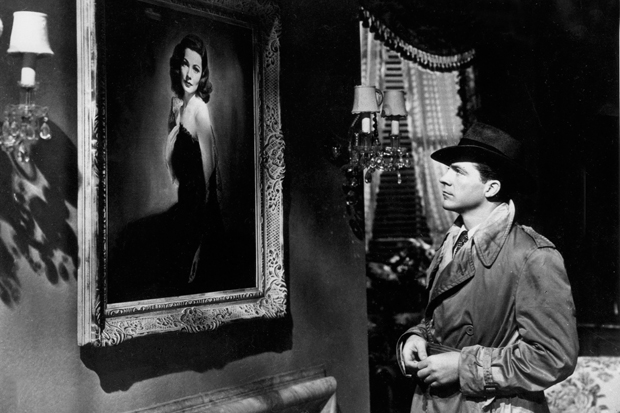Many of us, I get the feeling, don’t go and see as many films as we used to, or want to. Instead we spend all our time complaining that we don’t have enough time to watch films any more. Speaking purely as a hard-working freelance, I also miss all those old black-and-white movies BBC2 used to show in the afternoon, to fill in the yawning hours between lunch and teatime. You would see things you hadn’t seen before, you would see things you had seen a million times before, and you would doze happily through all of them, while characters walked around wearing hats and talking and talking and talking more than anyone would be allowed to in the cinema of today.
George Tiffin’s All the Best Lines is a grand hardback trawl through the Golden Age of Cinema Dialogue. Possibly because they started only with images, the film business has never treated the screenwriter with much respect. In his introduction, Tiffin quotes Irving Thalberg: ‘The most important person in the motion picture process is the writer, and we must do everything in our power to prevent them from realising it.’ And William Goldman: ‘Screenwriting is what feminists call “shit-work”. If it’s well done, it’s ignored. If it’s badly done, people call attention to it.’ If you didn’t already know it, you would correctly guess from these quotes that Thalberg produced films and Goldman merely wrote them.
But what treasures are to be found in this glorious book. Tiffin has grouped his entries under a number of vague-sounding themes — Love, Friends, Enemies, Power, Tears, Monsters — and then unleashed quotes in their thousands. Some excellent films are represented by a single line. Casablanca gets two chunks: Bogart’s exchange with Claude Rains (‘What in heaven’s name brought you to Casablanca?’ ‘My health.







Comments
Join the debate for just £1 a month
Be part of the conversation with other Spectator readers by getting your first three months for £3.
UNLOCK ACCESS Just £1 a monthAlready a subscriber? Log in